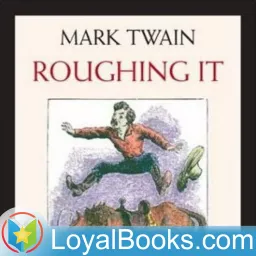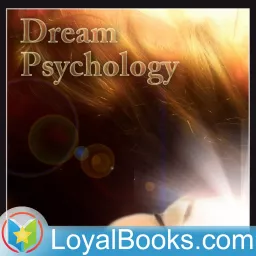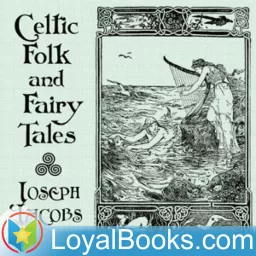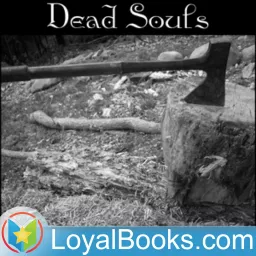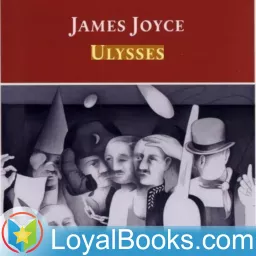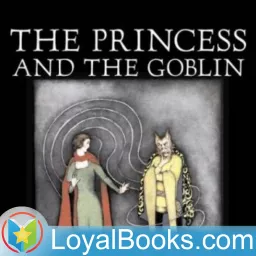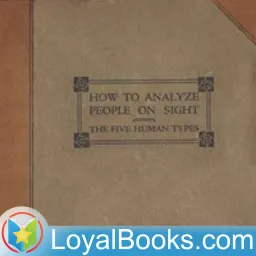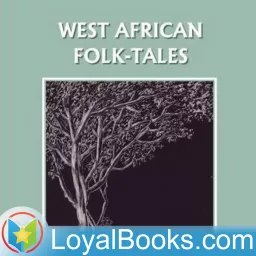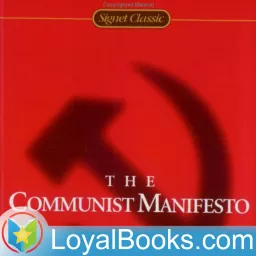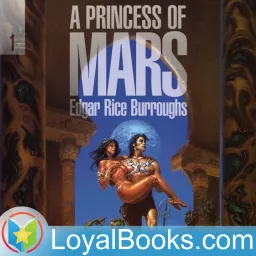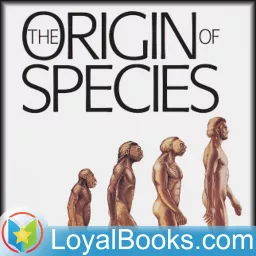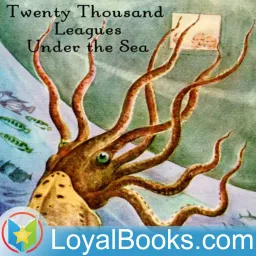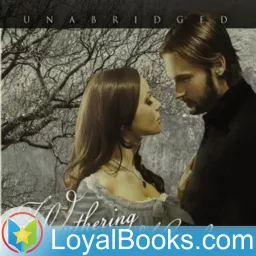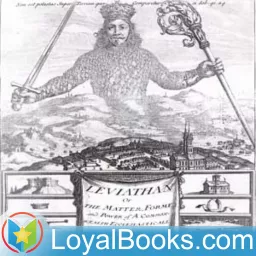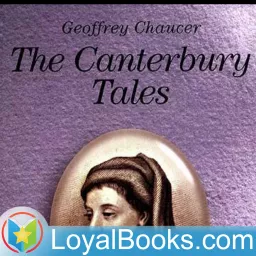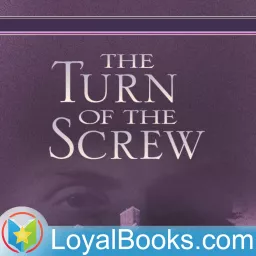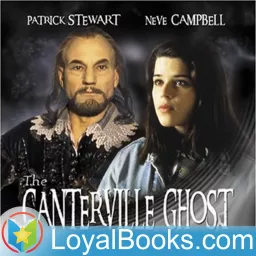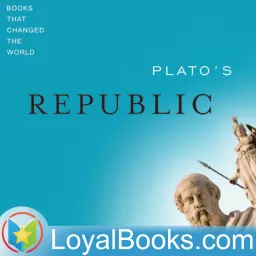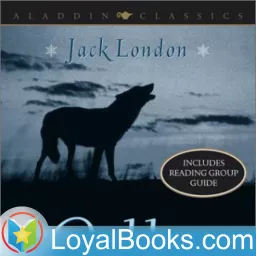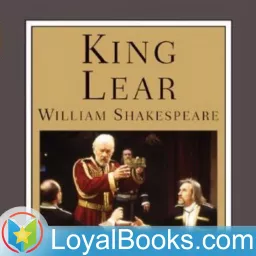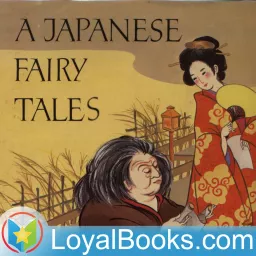The Rainbow by D. H. Lawrence
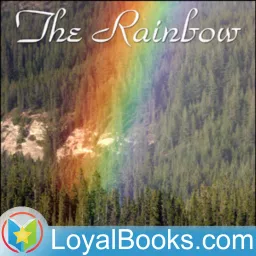
Set against the backdrop of a rapidly industrializing England, the bewildering shift in social structure, the fading away of traditions and the advent of new ways of life, The Rainbow by DH Lawrence depicts how one family's story becomes the story of a society. Originally planned as a novel titled The Sisters, Lawrence finally split the theme into two separate novels after many revisions and rewrites. The Rainbow is the first novel in the Brangwen family saga. Tom Brangwen is a small time farmer in rural Nottinghamshire. He meets Lydia Lensky, an aristocratic Polish refugee and widow who has a daughter, Anna, from her previous marriage. Tom is fascinated by Lydia's “foreignness” and soon proposes marriage. The couple lives a happy and contented life. They have two sons of their own. They live quietly, and the smooth tenor of their lives is interrupted occasionally by Anna's restlessness and haughty ways. When Will, who is Tom's distant relative, comes to visit, Anna falls in love with him. The family is happy and supportive and the two marry in the local church. However, Anna's illusions are soon shattered. Will is also bewildered by the changes he finds in Anna when she becomes a mother. Their daughter Ursula becomes his support and confidant. The Rainbow was subjected to severe criticism and censorship when it was first published in 1915. Lawrence's frank treatment of human desires and women's feelings was considered to be a corrupting influence and the book was condemned in an obscenity trial in the same year. This resulted in it being banned for more than a decade in Britain. Copies of the book were seized and burnt. However, modern day readers may find it relatively “tame” and free of anything offensive. The Rainbow is a sensitive and compassionate view of the human condition and the three women characters are extremely memorable and remarkably portrayed. Lawrence later wrote the sequel, Women in Love which follows the lives of Ursula and her sister Gudrun. Another notable feature in The Rainbow is Lawrence's close connection with Nature. Added to this is the sweeping scale and scope of the narrative which spans a long half century in time. In The Rainbow, we find many memorable lesser characters and side plots, which make it a complete and extremely fulfilling work of art. As a novel by a writer known for his concern about the dehumanizing effect of industrialization, the emotional health of people and their conflict with rigid social structures and attitudes, The Rainbow is indeed a great book to experience.
